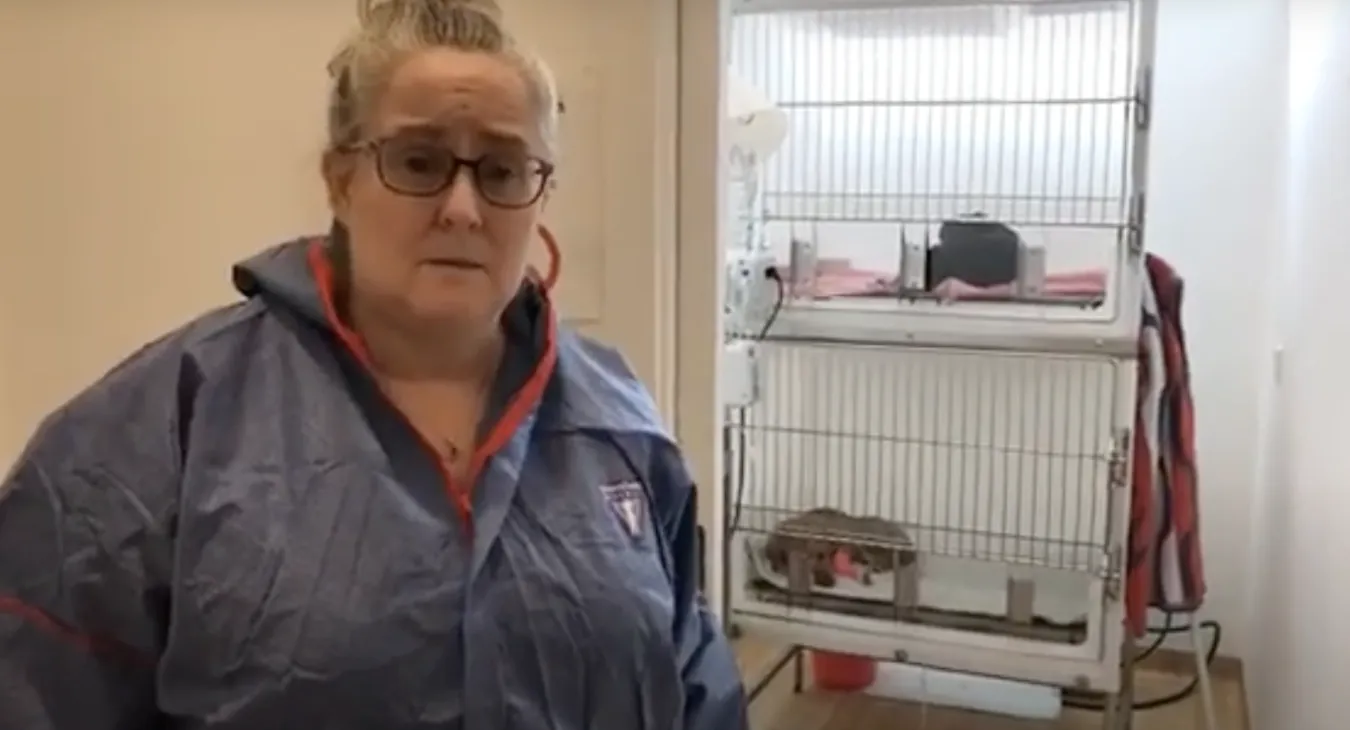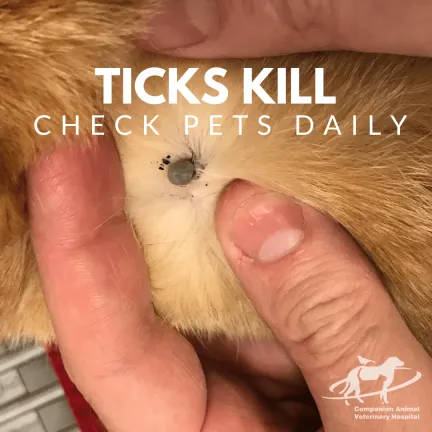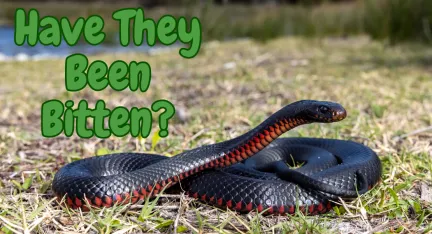Hello, I'm Melissa Beardmore from Companion Animal Vet Hospital. Today, I want to take you behind the scenes to show you what it's like treating puppies with parvovirus, a challenge we're currently facing with a litter of five puppies.
The Challenge of Parvovirus
Parvovirus is a highly contagious and dangerous virus, primarily spread through feces. It's a serious concern in veterinary clinics due to its ease of transmission and the severity of the illness it causes in dogs, particularly puppies.
Our Approach to Isolation and Treatment
In our clinic, we have a dedicated isolation room for treating parvo cases. This room is fully equipped and designed to prevent the spread of the virus. Our team wears full protective clothing (PPE) to ensure the safety of other animals in our care.
- Intensive Care: The puppies are on IV fluids and receive anti-vomiting medications and pain relief.
- Strict Hygiene Protocols: We use F10, an antiviral cleaner, for thorough cleaning. All waste is carefully disposed of to prevent contamination.
- Continuous Monitoring: Our nurses spend hours each day monitoring, changing drips, and ensuring the puppies are as comfortable as possible.
The Importance of Vaccination
This situation underscores the importance of vaccinating pets. Vaccinations are crucial in preventing diseases like parvovirus, which can cause severe distress in animals and lead to life-threatening situations.
Take-Away Messages From This Video
- Successful Treatment of Parvo or Parvovirus involves a combination of:
- fluid therapy to replace losses in the vomit and diarrhoea
- anti-vomiting medication to reduce nausea
- antibiotics to prevent secondary infections
- early nutrition to help maintain the health of cells in the gut
- Parvovirus is highly contagious and treatment is required in isolation facilities using special PPE to prevent spread to other susceptible animals in the hospital.
- The nurses play a vital role in the treatment of Parvovirus:
kudos to nurses who are doing such a wonderful job looking after these guys because they're the ones in the trenches doing all their cleaning and doing everything that they're doing.
Conclusion
Dealing with parvovirus is challenging and requires a dedicated team and strict protocols. Our nurses are doing an incredible job providing care to these puppies. We're hopeful for their recovery and remind everyone of the importance of regular vaccinations for their pets. If you have any questions about parvo or pet care, please reach out to us.
[00:00:02] Welcome back to our series on Fridays of ask the vet. today. This is a little bit more information about parvo. We actually, if you've noticed our Facebook page and the Wollongong Animal Rescue Network page we're actually looking after five puppies at the moment a litter of 5 puppies that have all got positive for Parvo.
[00:00:26] They arrived into the rescue group carrying the disease. Two of the little guys were already sick one quite badly and the other three have gradually shown up as positive. So we just wanted to show you what goes on in our world for Pavo when we're looking after Parvo puppies and parvo dogs and just to talk about what Pavo is. We talk about parvovirus and I talked about it a lot in the last year with cats with dogs with vaccinations. And so we talk about it but to actually explain what happens give you an idea what these dogs go through and also what it takes to look after a dog with parvovirus. So we're just here and as you can see I'm my lovely isolation uniform.
[00:01:09] So we do full ppe protection clothing. Parvovirus is a really nasty virus it's spread by the faeces, so it comes out in the diarrhoea and this virus is easily transmittable.
[00:01:21] And so we have to be very very careful. Obviously we're in a vet clinic. We have lots of other animals here. We have sick animals we have puppies we have old animals. We have a lot of animals here at any time and so we have to be extremely careful about protection against transmission of disease.
[00:01:38] So this is our isolation room. As you can see it only has two cages. We have five puppies at the moment so at the moment we've actually had to sacrifice our cat ward. We've stripped down our whole cat ward and turned it into an isolation room as well for the other three puppies because you don't often have to treat five at one time. However, so these are two little ones.
[00:01:59] Unfortunately they're still quite unwell and these are sicker little two (the ones that are a bit sicker). So I'll just explain what's going on: [00:02:08] They're both on I.V. fluids so they're both getting a drip at the moment into their veins. [6.2] Both these guys are also getting [00:02:16] anti-vomiting medications, [1.8] they're [00:02:18] getting medications to help them not feel pain. [4.4]
[00:02:26] We're trying to get them to eat. The top one is eating a little bit, but unfortunately the little girl down the bottom is not eating as much. She's been our sickest one the whole way through.
[00:02:36] So as you can see her little [00:02:37] isolation room is fully contained. [2.0] Nothing goes in or out of this or no one nothing comes out of this room except in strict bagging and goes straight into the medical waste. And so this is our little room.
[00:02:50] We have to get dressed every time anyone mentions, has to get the full garb and we are very careful to not bring anything out of this room that hasn't been cleaned with F10 which is an antiviral cleaner. This room gets scrub from top to bottom. When these puppies finally go it will get scrubbed completely and cleaned out and restarted. And so that's these little guys. Unfortunately our nurses are spending hours a day with these guys. They're having to change drips on a regular basis because their blood pressure is not very good, their drips are clogging and they're having to flush them and change them. They're getting changed every time they do any poo or wee, their cages are changed, everything has to get dressed up. You know when we go in and out, it takes some time. So I think that it's taking about an hour or two for every morning. Is that right Lachie? (it's taking about an hour?). Some days it's taking even longer for a nurse to go through and look after these guys each day (twice a day that's done) plus any other treatments that are done during the day. So this is (as I said) our isolation room. We've also sacrificed our cattery and we might see if we can go in their later but we don't want to obviously move around too much once we're dressed. So these little guys I was going to show you it's really gross but if you've got some diarrhoea I just want to show you how bad and you know we get some time cues vets of you know scaremongering and saying oh it's not that bad. It is, It's really really bad. So I just want to show, I'll see what we've got and then I'll have to strip off to come out. (I do have some clothes underneath through I'll ensure you)
[00:04:30] This little one's vomited. So she actually finally ate something this morning but she hasn't been able to keep it down. So she's actually vomited again. We try to get them eating because their gut, the cells in their intestine, need food, they need energy to heal, and to recover, but, unfortunately, she has brought her food back up again. Poor little one.
[00:05:24] That goes straight in the bin.
[00:05:52] So it's awesome that she decided she wanted to eat, that's fantastic because that means that the antiemetic is keeping her nausea down and that she's keen to eat. That's wonderful. But her little body is just not quite there yet. So we'll have to get that drip back attached. We'll have to try to her again with food tonight and see if we can get some to stay down. They're using a very special food that is really gentle on this stomach and really highly digestible so it doesn't react as much. Our other three puppies are starting to eat and they're starting to drink better. And the other three haven't vomited today. So it really thrilled about that. So these are two little sickies.
[00:06:31] So if you've got any questions about parvo if you have any thoughts that you know that you haven't vaccinated your pets, this is why we strongly strongly recommend you vaccinate your dogs and your cats. Because cats can go through the same thing. And we are doing everything we can to get these five little guys through so there. As we said they're from the Wollongong Animal Rescue Network and we're doing everything we can. So hopefully our little girls will pull through. So I hope that's been interesting just to see a little bit behind the scenes of our practice and our isolation areas and see me in my beautiful clothes and just you know really send out a [00:07:12] kudos to nurses who are doing such a wonderful job looking after these guys because they're the ones in the trenches doing all their cleaning and doing everything that they're doing. [8.7] I think they're doing an amazing job. So I think we really need to say how what a great job they're doing as well. So we'll keep our fingers crossed and keep doing everything we can for these guys. And if you have any questions about parvo later on just send us a message or give us a call. Thanks. See you later.
Read more articles
- Log in to post comments



